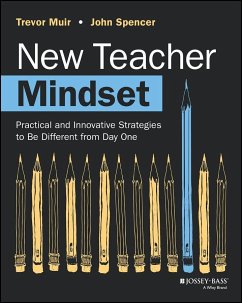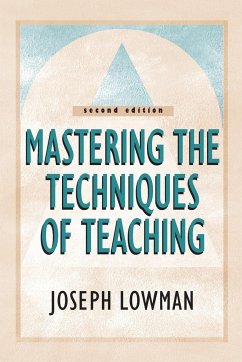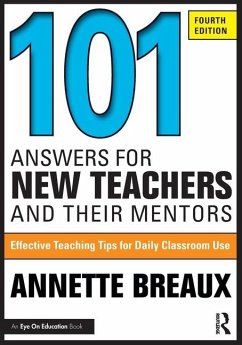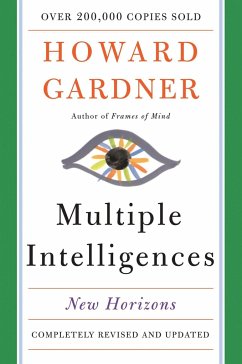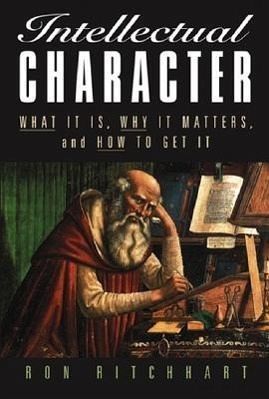
Intellectual Character
What It Is, Why It Matters, and How to Get It

PAYBACK Punkte
11 °P sammeln!
The way we define intelligence shapes the education we provide to our children. But what does it really mean to be intelligent? This book presents a view of intelligence that is focused on cognitive dispositions such as curiosity, scepticism, or open-mindedness.




